No matter how well-prepared you are, there are instances when you may not have enough oregano on hand to complete a dish. And in Italian cuisine, there is no delicious recipe for traditional Italian dishes without a suitable seasoning. What to do in this situation? This article will help you find Italian seasoning substitutes in your kitchen.

Best substitutes for Italian seasoning
Homemade Italian seasoning
Did you realize that many of the ingredients need to make Italian seasoning are already present in your spice cabinet? Without a doubt, the best Italian seasoning substitute is homemade Italian seasoning.
Making your own Italian seasoning blend is quite easy. The most noticeable Italian herbs in Italian spice blends are oregano, thyme, and basil.
Italian seasoning is made by mixing a tablespoon of oregano combined with 2 teaspoons each of thyme, basil, marjoram, and half teaspoons each of sage, rosemary, and parsley.
Large chunks of a dried leaf may be present in some dried herbs, such as full-dried rosemary leaves. Transfer the herb mixture to a spice grinder or blender if your dried herbs are quite coarse. And pulse until the texture is just right.
Transfer your homemade Italian seasoning to a spice jar or other airtight container. Add a pinch of cayenne pepper, black pepper, or red pepper flakes for a fiery Italian flavor.
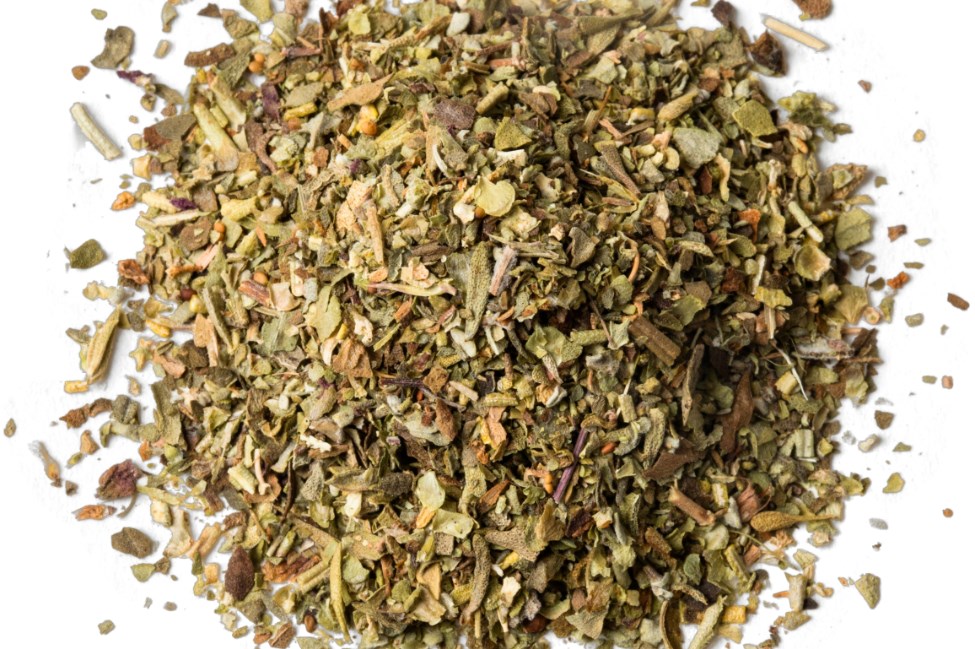
Oregano
If you have dried oregano, it would be the best option to use instead of fresh. Although it is crucial to keep in mind the fact that dried oregano must be used in a different quantity than fresh oregano.
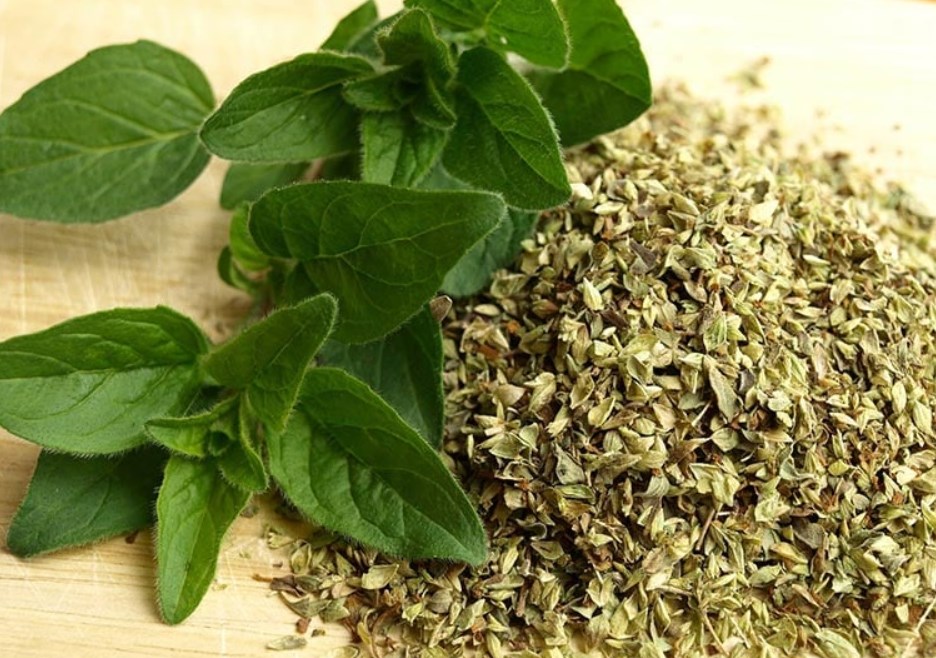
Marjoram
Did you know that marjoram and oregano are frequently confused? This is because the two herbs are quite closely linked in the botanical family tree. Because of this, most people frequently interchange them. That is why marjoram, just like oregano, is a great Italian seasoning substitute.
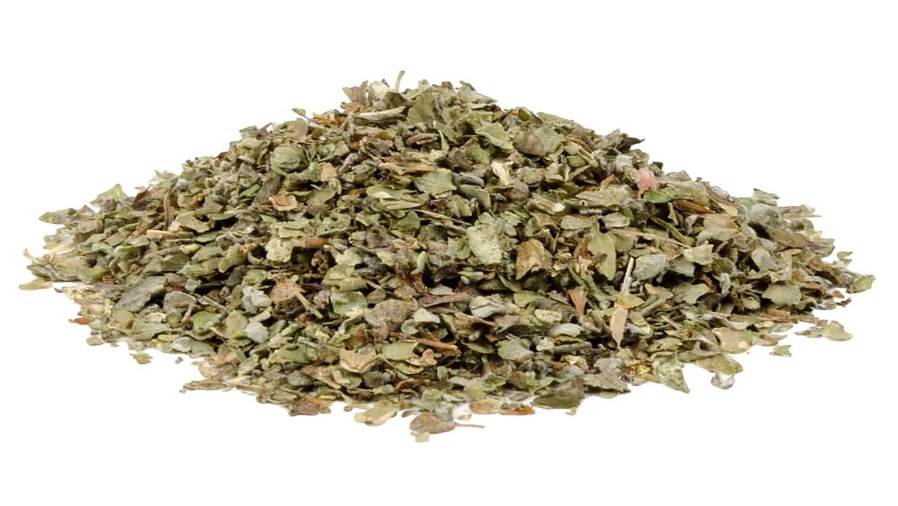
Thyme
Another excellent herb that perfectly captures the traditional tastes associated with Italian cooking is thyme. Both this kind of mint and oregano are mint varieties. Thyme is less potent than oregano, but you should only use half the amount specified in the recipe, to begin with.

Basil
Fresh basil is a quite good Italian seasoning substitute. You can also use equal parts of dried basil for dried oregano if you are out of oregano.

Tarragon
It is a well-known herb with a strong flavor and strong scent. Tarragon is also the herb of choice for poultry meals. Additionally, tarragon might work well in place of oregano in recipes with tomatoes.
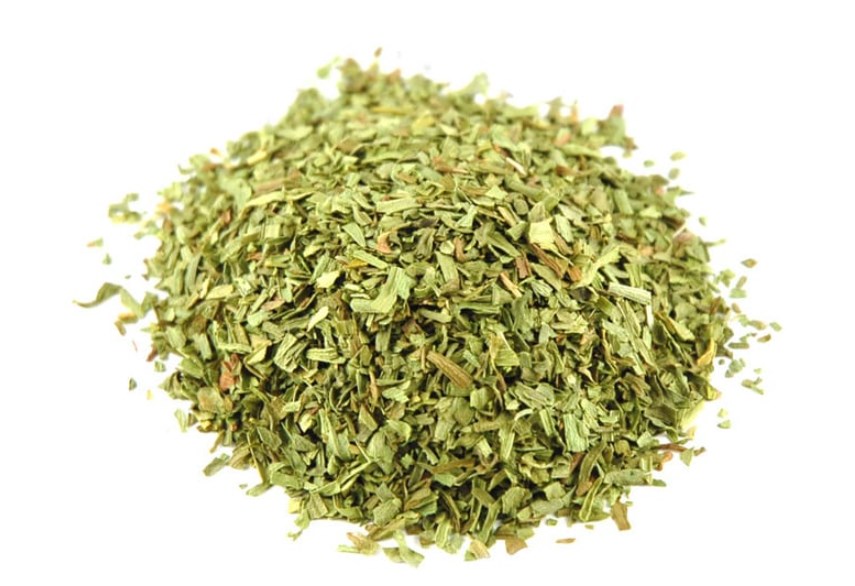
Herbes de la Garrigue
Another excellent Italian seasoning substitute is Herbes de la Garrigue.
With dried herbs like fennel and lavender flowers, this mixture adds assertiveness. Mint and bay leaves are just two of the many variations of Herbes de la Garrigue.
It imparts a savory flavor to food, making it a great substitute for Italian seasoning. Works best with pasta sauces and stews.

Herbes De Provence
The same spices used to make Italian seasoning are also found in Herbes de Provence. The addition of lavender to the oregano and fennel works great.
A completely different flavor profile is created by adding lavender flowers, tarragon, and fennel modifications. You must therefore be careful about the foods you pair them with. Herbes de Provence traditionally pairs nicely with chicken, eggs, and vegetables.

Cajun seasoning
Most likely the best Italian seasoning substitute and the only spice blend that most closely mimics Italian seasoning is this one! But the Cajun seasoning’s extraordinarily potent spices make it a wonderful addition to a variety of cuisines.
Try replacing Italian spice with Cajun seasoning if you want to transform the overall flavor profile of your food from the earthy undertones that Italian seasoning adds to a smokey flavor with a kick.

Creole seasoning
Creole seasoning is a great Italian seasoning substitute if you’re cooking a spicy dish. The basic components of the seasoning are cayenne pepper, paprika, oregano, basil, and oregano. Creole seasoning deviates the most from the Italian spices of all seasonings. But it helps prepare foods like gumbo, burgers, and stews.

Pizza seasoning
Regardless of its name, pizza seasoning is a great substitute for Italian seasoning. It’s surprisingly not just for pizza but for other dishes as well!
This is because they share a lot of components. Pizza seasoning contains basil, oregano, rosemary, sage, and thyme in the mix. They may also contain a little amount of paprika, red pepper flakes, onion powder, and garlic powder.
In addition to adding it to pizza dough, you can also add it to homemade sauces and soups.

Greek seasoning
Greek seasoning is another spice mixture with properties that are similar to Italian seasoning. This seasoning blend’s powerful base of oregano, basil, parsley, and garlic powder is reminiscent of classic Italian flavors.
In addition, it generally includes ground black pepper, dill, and onion powder. The flavor profile of the food you are preparing will change if you add additional flavors, such as Herbes de Provence.
The distinctive overwhelming flavor in this case is dill. Even in modest quantities when used, dill has a strong aroma.
Lebanese Za’atar
Oregano serves as the basis for Za’atar, like many other seasonings used throughout the world. It has a notably earthy flavor and also has thyme, sesame seeds, and sumac. Along with frequently complementing grilled meats, Za’atar can also be used to flavor a pasta sauce and roasted vegetables.
Garlic powder
Do you enjoy garlic? Include a teaspoon or two of garlic powder as an Italian seasoning substitute. Or maybe you like onions more? Then the same procedure applies when using onion powder.
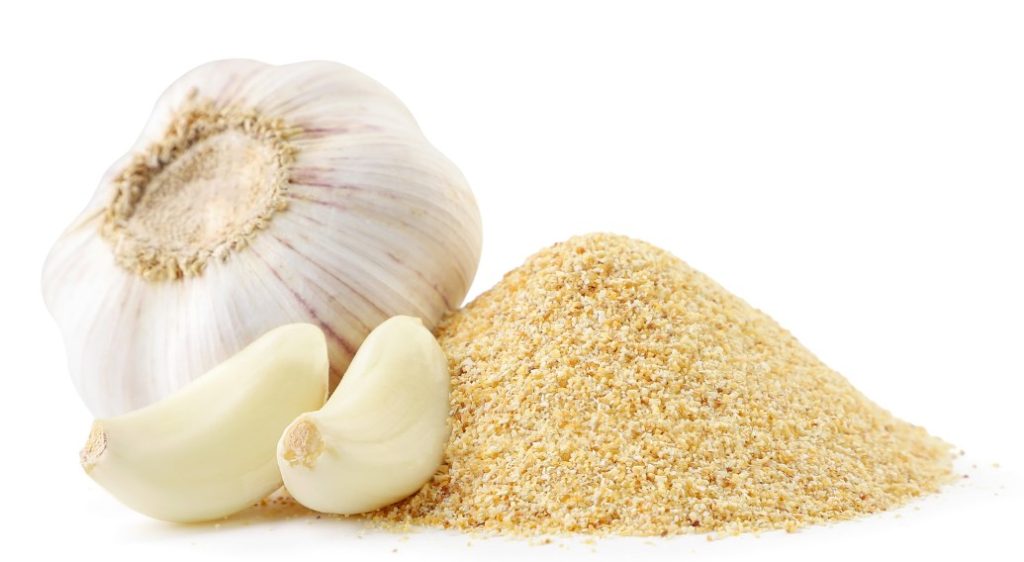
FAQ
What can you use instead of Italian seasoning?
If you have Italian seasoning on hand, it’s a great ingredient. However, other products can be used as an Italian seasoning substitute if you happen to run out at the worst possible time.
1. Make your spice blend
Homemade Italian seasoning might have an equally good or even better flavor than store-bought. If you have special tastes in food items, you should also stay away from preservatives and anti-caking agents, which are usually contained in commercial versions of a spice blend.
2. Add fresh herbs
The majority of meals that use Italian spice are good with fresh herbs. Some of the same flavors found in the spice blend will be tasted, and the fresh herbs will also make the food appear more appetizing.
3. Use another spice blend
As it was mentioned above, there are several Italian seasoning alternatives.
For instance, Herbes De La Garrigue includes dried mint and bay leaves in addition to many of the same ingredients as the Italian spice mix. For pasta meals like spaghetti, Herbs de la Garrigue is a great substitute for Italian seasoning.
Or Herbes De Provence, which incorporates lavender and has a faintly floral undertone. A Creole seasoning, a pizza seasoning, or a Greek seasoning might also work. All of those are incredible options!
4. Add dried basil and oregano
The strongest flavors in Italian seasoning are dried basil and oregano. They make up the two most signature notes of the blend and are usually on hand in most pantries.
Can I substitute oregano for Italian seasoning?
You can, of course. Oregano is a staple ingredient in traditional Italian seasoning. So, if you’re short on oregano, you can always add some Italian seasoning to your recipe to enhance the flavor.
How do you make Italian seasoning?
Making your own homemade Italian seasoning blend of fresh herbs gives you complete control over which tastes to use and in what proportions. So feel free to change the recipe according to your preferences.
1. Add the dried marjoram, dried basil, oregano, rosemary, and thyme.
2. Combine them properly or blend them if you want them in a powdery form.
3. Pour into a container or a spice jar and firmly close it.
4. To make it easier for you to recognize it, write the name and the date on the lid.
Your homemade Italian seasoning will last up to three years if stored in an airtight container and away from direct sunlight.
Rub a pinch of seasoning in your palm and take a whiff to check on the freshness of your spice combination. Although technically not spoiled, dried herbs do gradually lose their potency. It is safe to use your Italian seasoning blend if the aroma is still intense.
What is Italian seasoning made of?
Most Italian seasoning blends are a mix of dried herbs that has a piney and earthy flavor, with hints of sweetness and pepper.
Italian cuisine makes extensive use of fresh herbs, therefore American or Italian-American home kitchens tend to use combinations of dried herbs more frequently. It certainly comes in handy, giving all Italian dishes—from branzino to a basic salad dressing—a rapid burst of flavor.
1. Dried basil
The aroma of dried basil is well known to be potent, intense, and sweet. Additionally, dried basil can be easily replaced with fresh basil, if needed.
2. Marjoram
It is a fragrant herb from the mint family that has been used medicinally to treat several conditions. It is an essential component of all Italian seasoning blends.
3. Dried oregano
Oregano has been used in cooking for as long as man can remember. They are present in every spice or seasoning in the kitchen. Mint herb oregano is used in pizza and pasta sauces.
4. Dried savory
Small, green dried savory belongs to the mint family. Savory comes in two varieties: summer savory and winter savory.
Sweet, spicy, and softer undertones define summer savorsavorhas small, delicate, green leaves. It’s popular in the Atlantic province of Canada’s Acadia region.
With undertones of sage and pine, winter savory evokes the colder months. It is a hardy shrub that thrives amidst the Mediterranean’s rocky outcrops.
5. Dried rosemary
Rosemary pairs incredibly well with items like chicken or pork chops that are grilled on a barbeque grill because of its woodsy, peppery, tea-like, and charred-wood aromas.
6. Pepper flakes
Nearly every pizza store in the nation sells dried crushed red pepper flakes, which are widely used.
7. Dried thyme
Dried thyme is frequently used to season meats, marinades, and almost any other cuisine. Although in varying amounts, fresh and dried thyme can typically be used interchangeably. Fresh sprigs of thyme can be used to make dried thyme.
Thyme complements almost any food because of its mild flavor.
Conclusion
Are you attempting to prepare a recipe that calls for Italian seasoning but you are short on the ingredient? You are in good hands with us.
In this article, you’ve been given several options of the best substitutes for Italian seasoning to choose from. Additionally, we have demonstrated how to create your own Italian seasoning at home using dried herbs that most likely already are in your spice cabinet.
We hope you found the perfect Italian seasoning substitute you were looking for!
Read also: Lemongrass: Health Benefits, Uses, and How to Mince Lemongrass?

